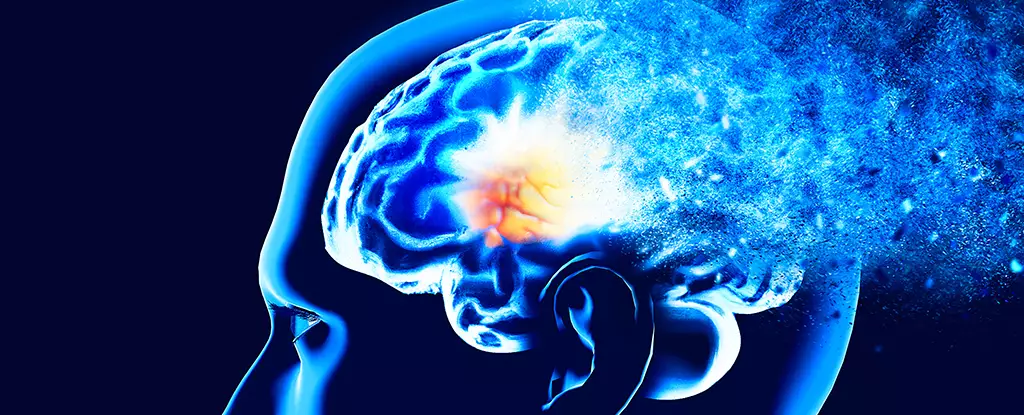Dementia is often viewed through the lens of age, with most discussions revolving around elderly populations. However, the emergence of young-onset dementia (YOD) is a clarion call for a deeper understanding of cognitive decline that touches individuals under 65 years of age. An extensive 2023 study shines a spotlight on this growing concern, revealing not just the prevalence of YOD but also the multifaceted factors that contribute to its onset. While many have attributed dementia primarily to hereditary genetics, researchers have now recognized a multitude of lifestyle and health determinants that play pivotal roles in YOD risk. This revelation shifts the narrative from a deterministic view to one that emphasizes adaptability and intervention.
Groundbreaking Findings from Recent Research
The study at hand, described as the most comprehensive of its nature, compiled data from a staggering 356,052 individuals in the UK, yielding insights that challenge preconceptions surrounding young-onset dementia. David Llewellyn, an epidemiologist from the University of Exeter, emphasized the potential for actionable change based on these findings, suggesting that proactive measures could be adopted to minimize risk factors associated with YOD.
Among the drawbacks identified were low socioeconomic status and social isolation, both of which underscore the broader societal implications for mental health. Additionally, physical health conditions—including stroke, diabetes, and heart disease—emerged as significant contributors to increased YOD risk. Strikingly, the research also unearthed a connection between vitamin D deficiency and high levels of C-reactive protein, suggesting that inflammation could be a silent aggressor in cognitive decline.
Understanding Alcohol’s Dual Role
Perhaps one of the most intriguing aspects of the study relates to alcohol consumption. The association between drinking and YOD was described as complex, revealing that while alcohol abuse heightened risk, moderate to heavy consumption correlated with a decreased likelihood of developing dementia. This dichotomy prompts critical questions regarding health behaviors and underlying health conditions since those who abstain from alcohol often do so for medical reasons. Thus, it calls for an examination of how social interaction and lifestyle choices intertwine, creating an environment that influences overall health.
The Importance of Education and Physical Well-being
Intellectual engagement should not be overlooked in this context. The study found that higher levels of formal education were associated with a reduced risk of YOD. This correlation suggests that cognitive challenges and lifelong learning are vital to brain health. Complementing educational attainments, the physical aspects of well-being, including handgrip strength as a measure of frailty, also emerged as significant determinants. The interplay between physical capability and cognitive resilience further validates the notion that a holistic approach to health is essential.
The Role of Mental Health and Social Connections
Mental health factors such as chronic stress, loneliness, and depression are crucial to understanding the development of YOD. The findings are a powerful reminder that cognitive health does not exist in isolation but is heavily influenced by emotional and social dimensions. As mental health increasingly finds its rightful place alongside physical health discussions, developing interventions that address both spheres becomes imperative.
Now more than ever, fostering social connections and mental resilience can have lasting impacts on preventing cognitive decline. The emphasis on mental wellness, particularly in a fast-paced modern world plagued by isolation, opens avenues for community-building and supportive networks to foster healthier lifestyles.
Shifting the Narrative on Dementia
Ultimately, the revelations in this study evoke a sense of urgency and responsibility as they underscore the importance of lifestyle choices and health practices. Instead of resigning to a fatalistic view of dementia, we are empowered by knowledge, finding hope in the recognition that many associated factors are modifiable. For those grappling with the diagnosis of young-onset dementia or for their families, it represents a call to action—an opportunity to influence outcomes through informed decision-making.
As YOD continues to disrupt lives at a distortionate age, it is vital not only to advocate for research and awareness but also to foster environments where preventive measures and health-centric lifestyles are the norm. This approach signifies a crucial shift where prevention takes precedence, ultimately aiming to stave off the debilitating effects of dementia—a mission that aligns with the collective responsibility of society.


Leave a Reply